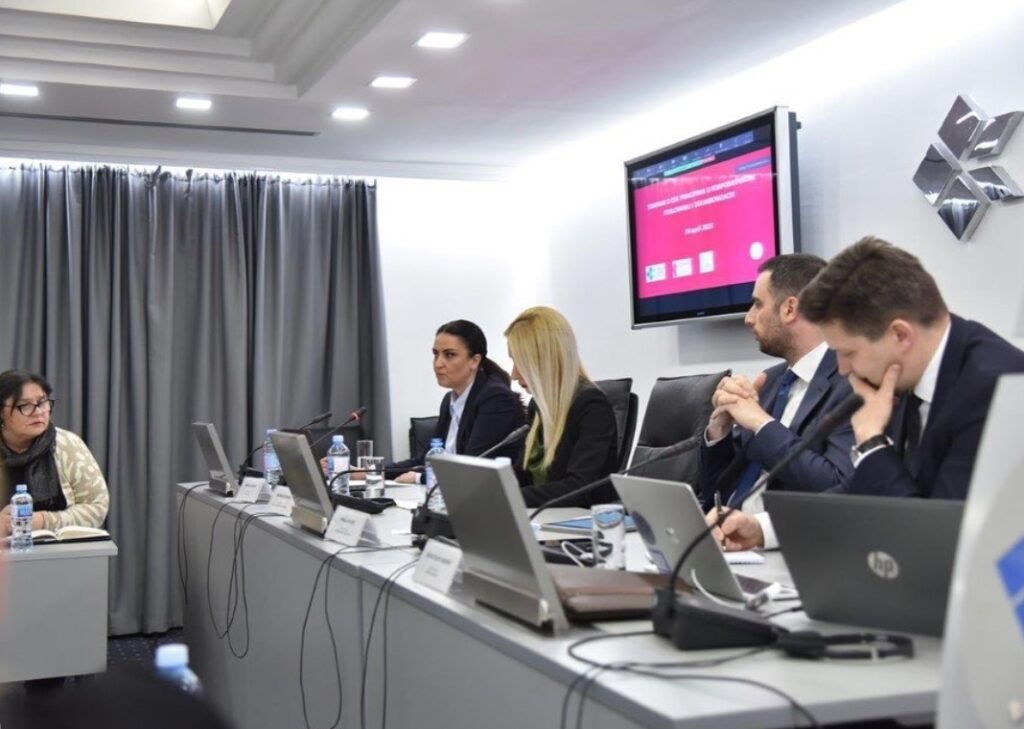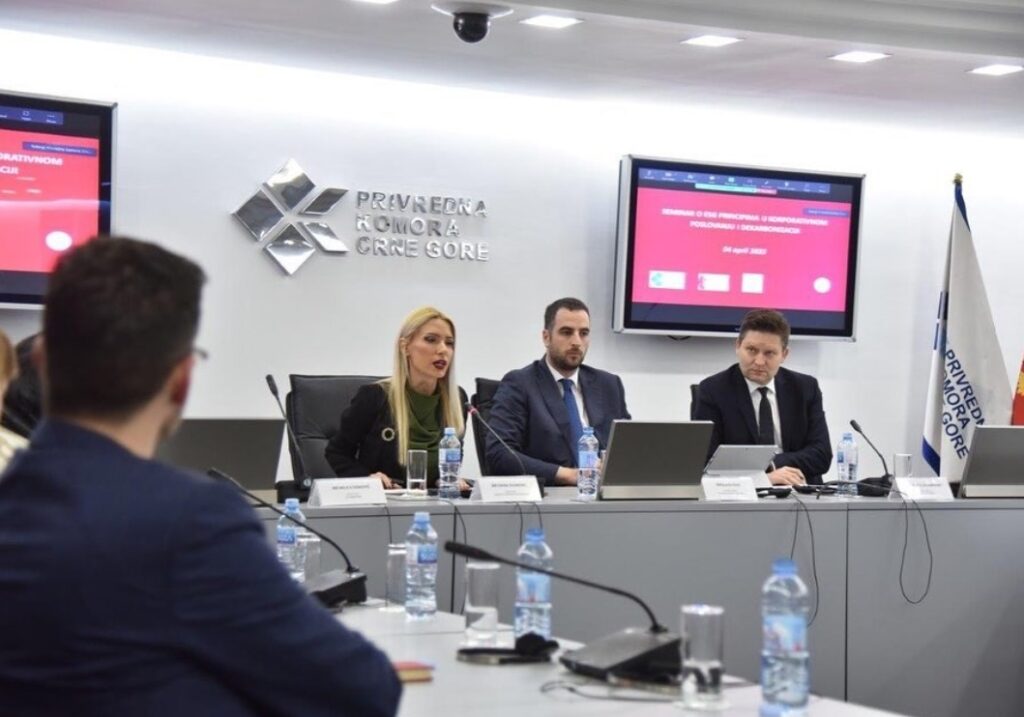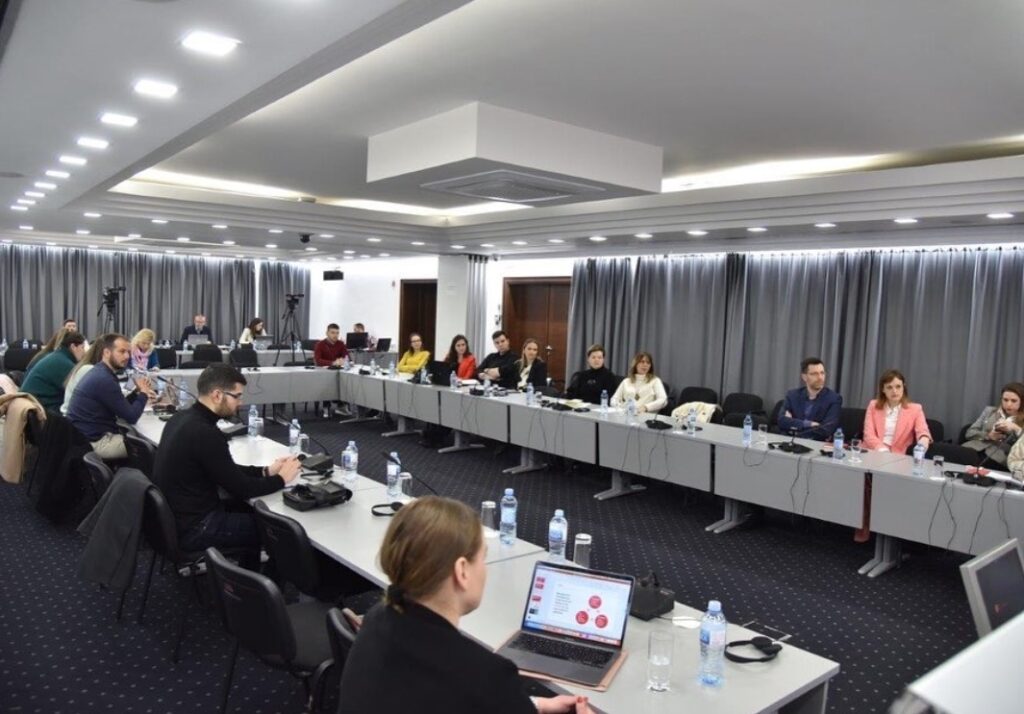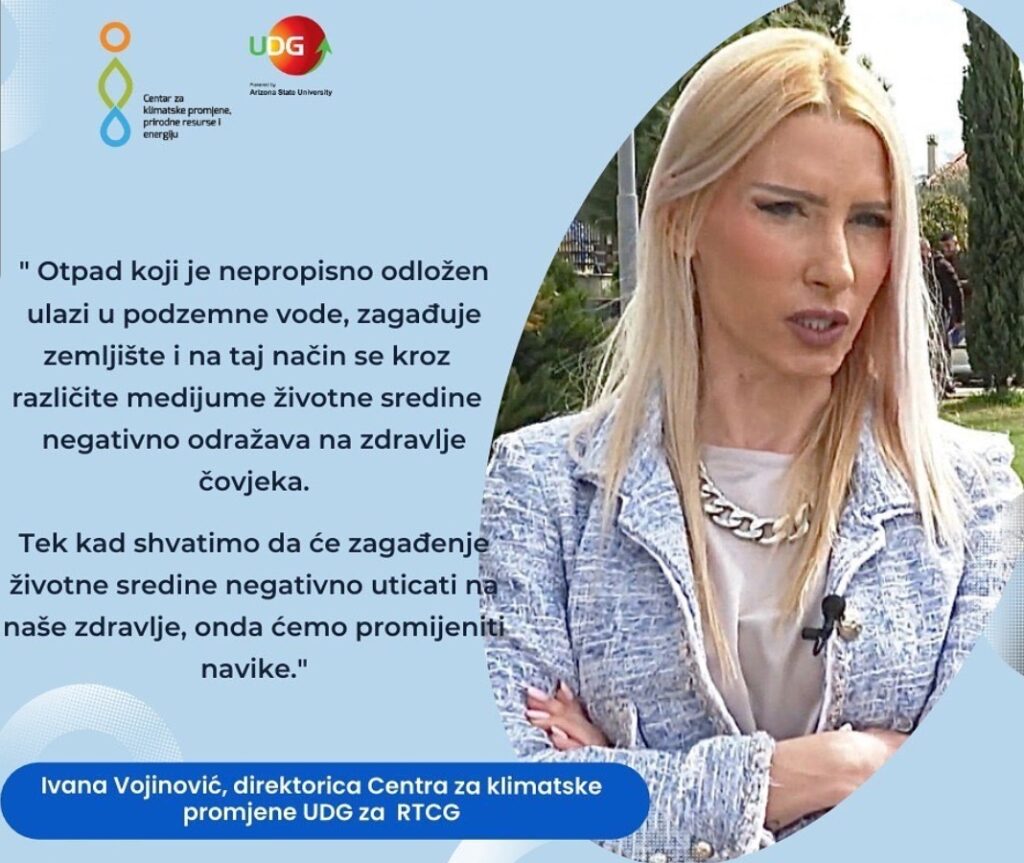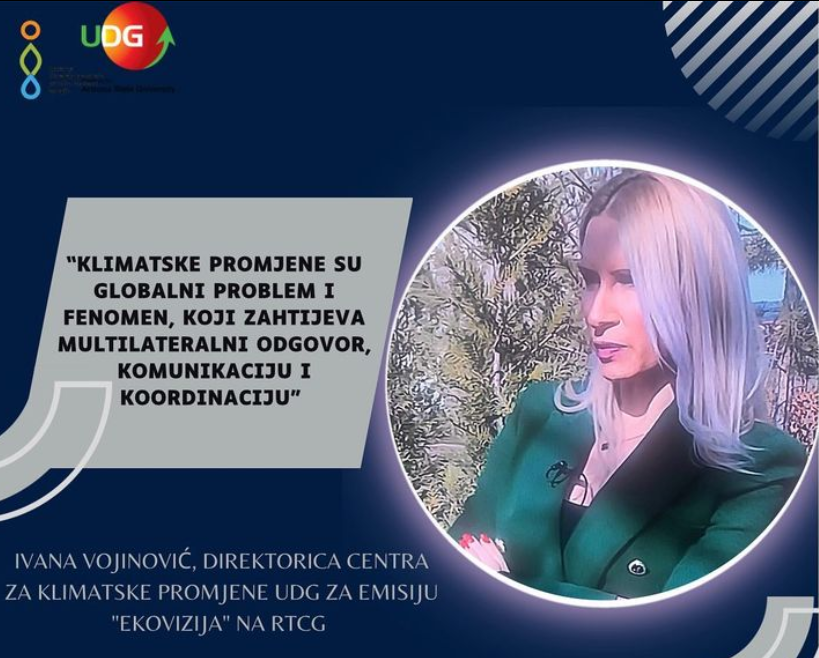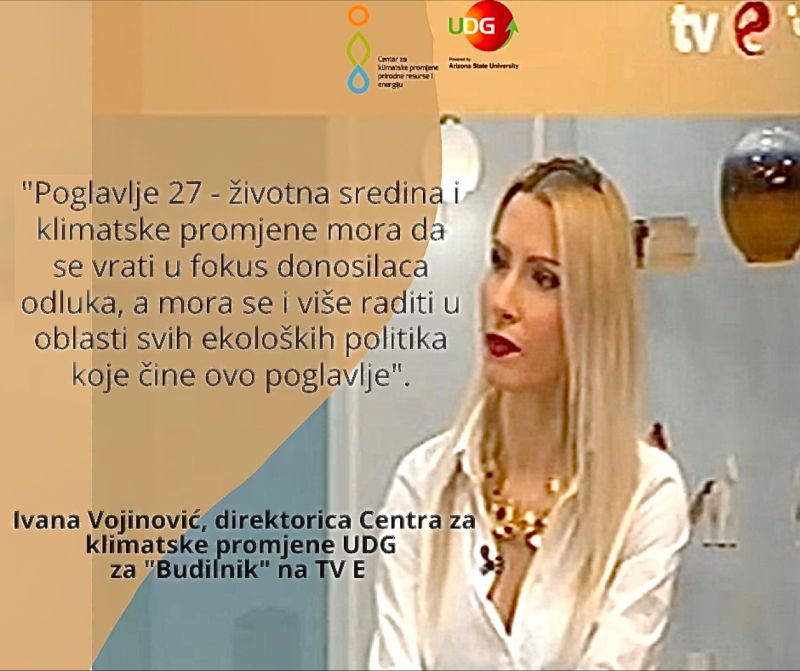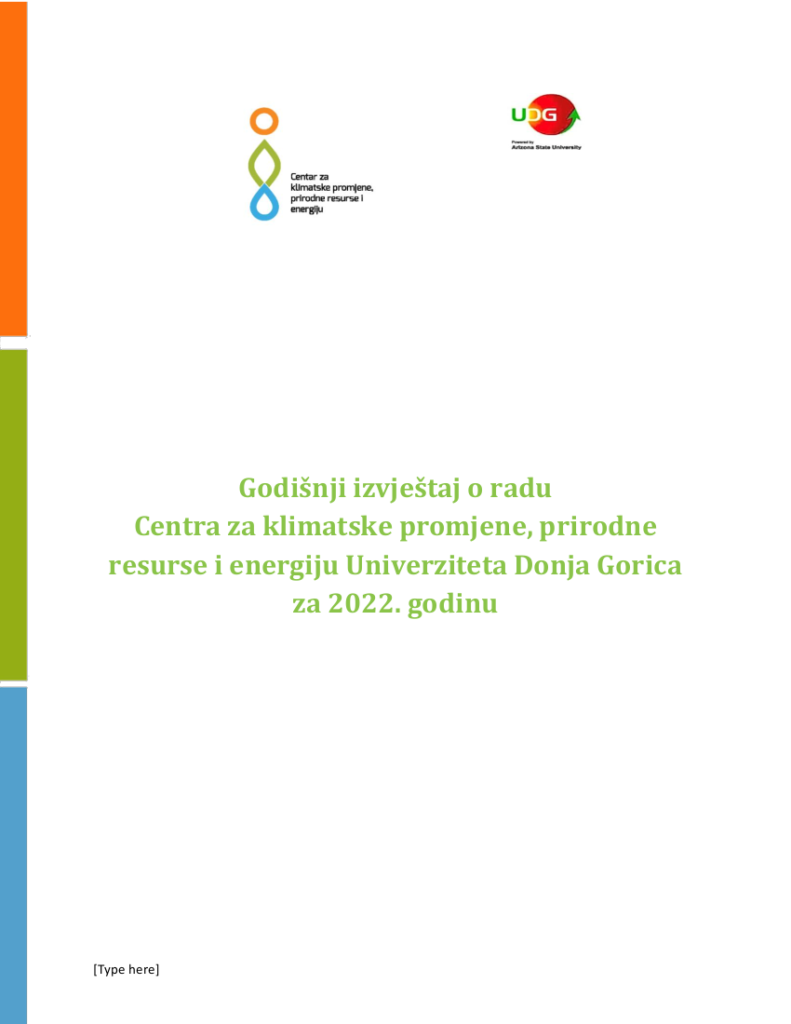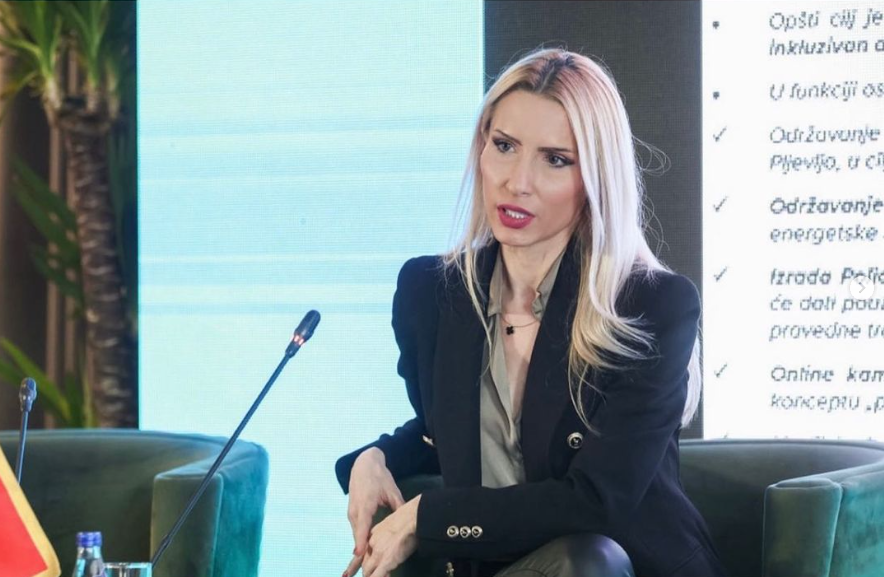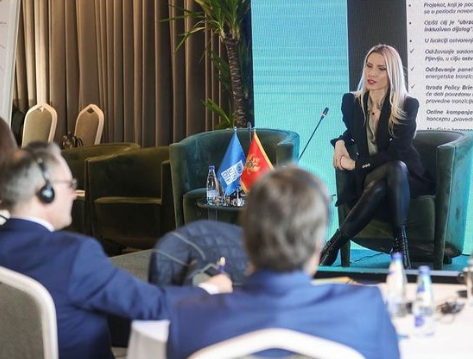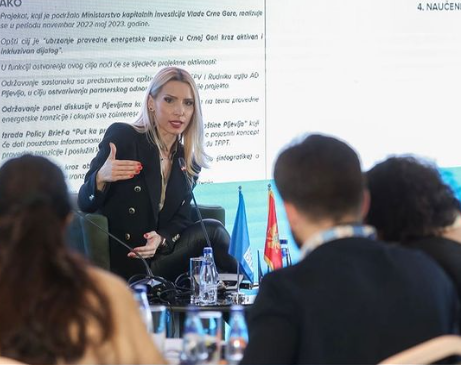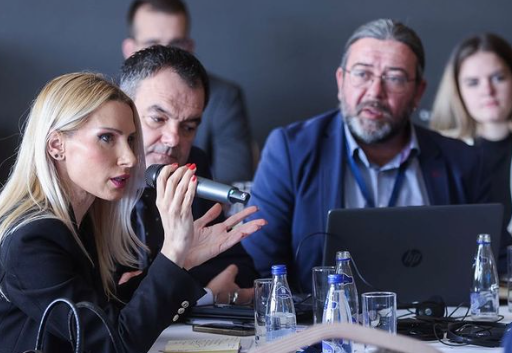Today, the Chamber of Economy of Montenegro, Center for Climate Change, Natural Resources and Energy UDG, AvantGarde Group and E3 Consulting organized a Seminar on ESG principles in corporate business and decarbonization.
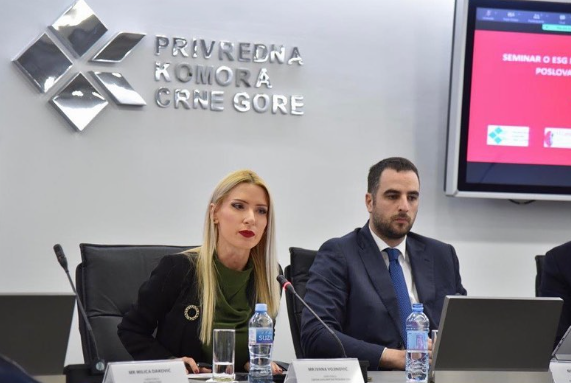
On behalf of the Center, the director, Ivana Vojinović, welcomed the attendees, who pointed out the importance of implementing ESG principles and decarbonization in Montenegro.
Other speakers and lecturers at the Seminar were:
- Nikola Vujovic, vice president of the Chamber of Economy of Montenegro
- Milica Daković, MSc, director of E3 Consulting
- Dr. Rastislav Vrbensky, CEO of AvantGarde Group
- Mariana Olshanskaya
- Aleksandra Novikova
- Julia Massey
- Gabor Szarvas
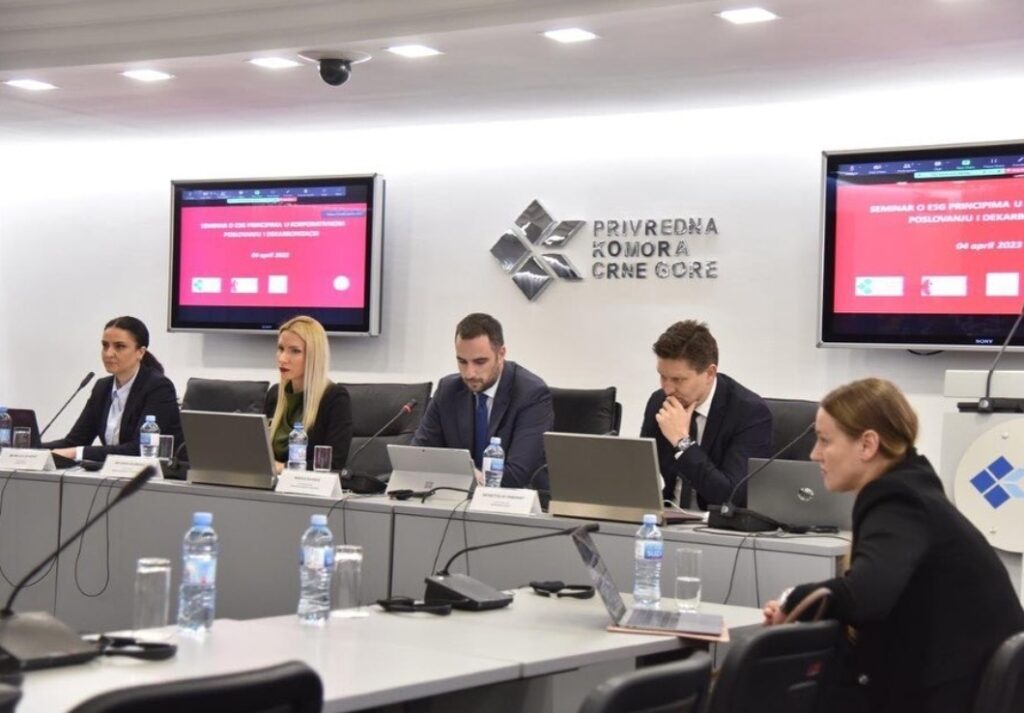
The topics of the seminar were:
- Introduction to decarbonization
- Decarbonization: Industry and tourism
- Decarbonization of the banking sector and financing of decarbonization
At the seminar, several key points and challenges faced by Montenegro and Europe were highlighted, such as incorporating ESG standards into the business framework and making investment decisions, social and financial benefits from the implementation of ESG standards, carbon neutrality, carbon footprint, energy efficiency and the introduction renewable energy sources, increasing competitiveness, access to “green” capital and investments, EU legal heritage…
